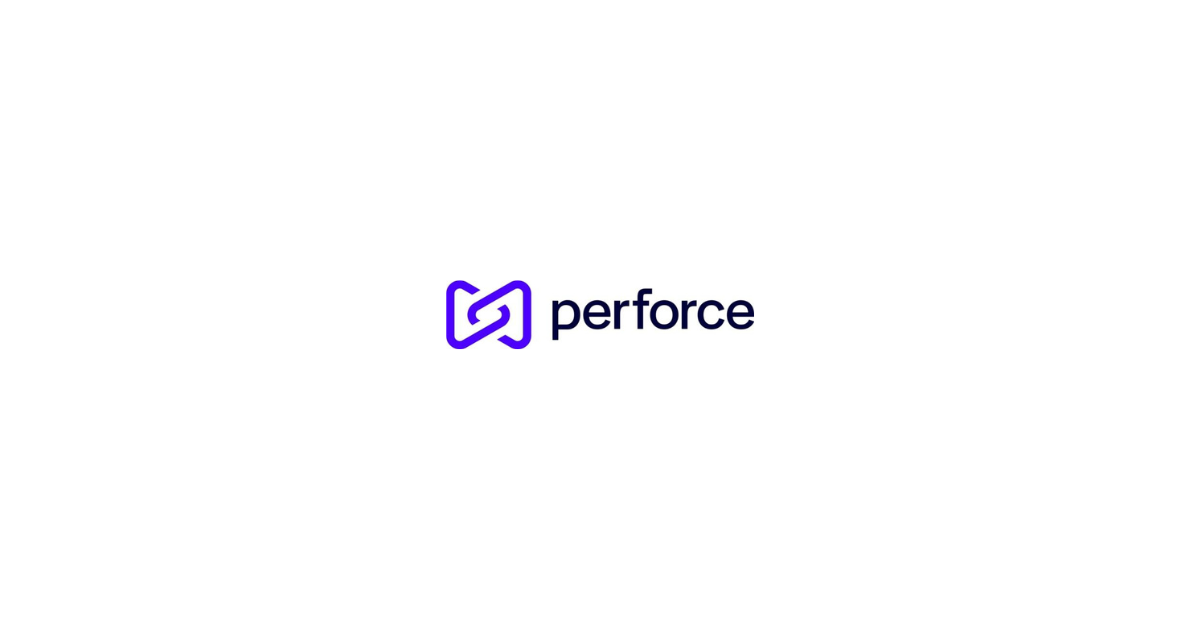Perforce Puppet Enhances Security with New Vulnerability Remediation Features

Perforce Software has announced in a press release the latest update for its Puppet Enterprise Advanced platform, designed to enhance security by accelerating vulnerability remediation. This update aims to streamline DevSecOps practices and strengthen enterprise security by integrating advanced remediation options directly into infrastructure automation workflows.
The new features allow organizations to respond more swiftly to security vulnerabilities, promoting collaboration between platform and security teams. By embedding security remediation into core infrastructure processes, the update helps eliminate inefficiencies and improve the mean time to remediate (MTTR) vulnerabilities.
Puppet's platform now includes integration with leading security scanners, such as Tenable Nessus, and offers an open API framework for additional scanners. This integration supports self-service workflows and cross-functional visibility, breaking down silos and accelerating threat resolution. Additionally, the platform provides automatic alignment with security baselines through pre-built policy as code modules, ensuring continuous compliance with security policies.
We hope you enjoyed this article.
Consider subscribing to one of our newsletters like Cybersecurity AI Weekly or Daily AI Brief.
Also, consider following us on social media:
More from: Cybersecurity
Subscribe to Cybersecurity AI Weekly
Weekly newsletter about AI in Cybersecurity.
Trend report
Cybersecurity Trends Report 2025
The Cybersecurity Trends Report 2025 by Netwrix Research Lab provides insights into how organizations are adapting their cybersecurity strategies amidst growing AI adoption. The report, based on a survey of 2,150 IT professionals from 121 countries, highlights key trends such as the increase in hybrid IT environments, AI-driven security challenges, and the rising costs of security incidents.
Read more
